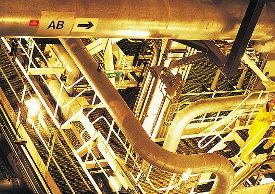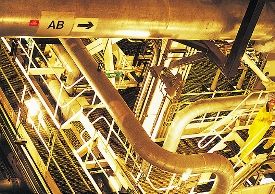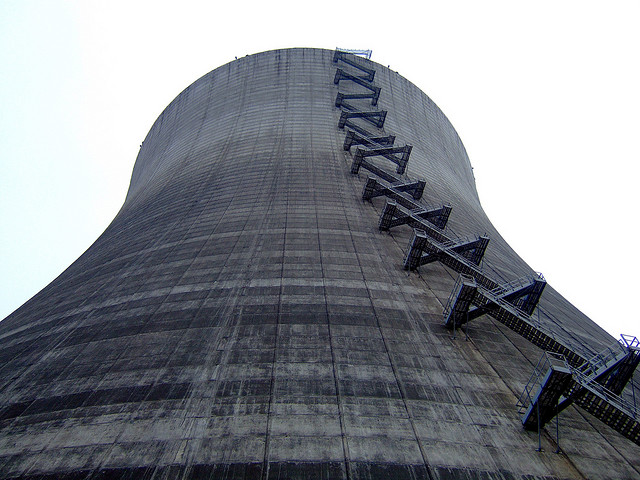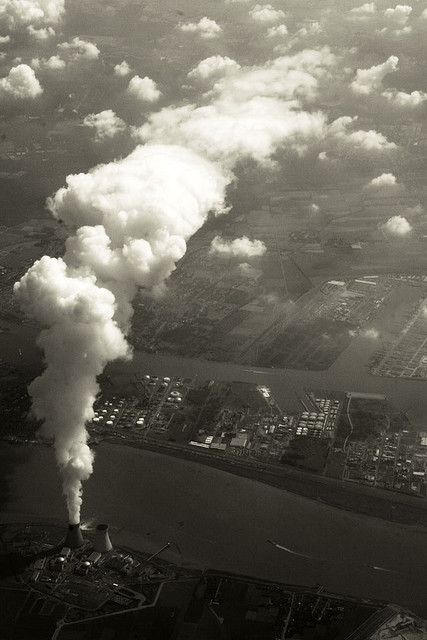UK and France reach historic nuclear agreement
The UK and France have reached an agreement to combine their nuclear power expertise, with companies from both sides of the channel announcing commercial deals worth in excess of £500 million.


The UK and France have reached an agreement to combine their nuclear power expertise, with companies from both sides of the channel announcing commercial deals worth in excess of £500 million.
In addition, the two governments signed up to a series of new agreements to cooperate on energy issues in the presence of Prime Minister Cameron and President Sarkozy.
“As two great civil nuclear nations, we will combine our expertise to strengthen industrial partnership, improve nuclear safety and create jobs at home,” said Prime Minister David Cameron. “The deals signed today will create more than 1,500 jobs in the UK but they are just the beginning. My goal is clear. I want the vast majority of the content of our new nuclear plants to be constructed, manufactured and engineered by British companies. And we will choose the partners and technologies to maximise the economic benefits to the UK. Today marks an important first step towards that.” 
One of the major deals agreed between French and English firms included a groundbreaking agreement worth £400 million on nuclear reactors between Rolls Royce and Areva, including the first EPR reactors at Hinkley Point, Somerset. This will underpin a new Rolls Royce factory in Rotherham and support 1,200 new jobs across the nuclear supply chain in Britain, according to the Department of Energy and Climate Change. A new engineering contract was also agreed between EDF and Kier/BAM for the UK’s first proposed new nuclear project at Hinkley Point, meaning another £100 million for companies operating in the South West and 350 jobs.
To further strengthen the energy relationship of the UK and France and their joint commitment to the transition to a low carbon economy, the two Governments agreed on a number of principles to aid the future development of nuclear power in their respective countries. Included in the nuclear accord was a call for further studies into electricity interconnection between the nations, a deal to extend cooperation on civil nuclear security and share best practice on security at nuclear sites, and an agreement to cooperate closely on research and development in the nuclear industry.
 “We need hundreds billions of pounds of investment in clean energy projects in the UK. This will bring high-skilled job opportunities the length and breadth of the country. Construction workers, engineers, technicians, they will all have a role to play,” said the UK’s Secretary of State for Energy and Climate Change, Edward Davey.
“We need hundreds billions of pounds of investment in clean energy projects in the UK. This will bring high-skilled job opportunities the length and breadth of the country. Construction workers, engineers, technicians, they will all have a role to play,” said the UK’s Secretary of State for Energy and Climate Change, Edward Davey.
“There are plans for new nuclear in Somerset, Suffolk, Cumbria, North Wales and Gloucestershire. Supply chains will spring up too, and extend the reach of economic benefit across the country. This investment could be worth around £60billion and create up to 30,000 jobs. The deals signed today reflect our ongoing desire to work closely together with our French allies and the private sector on nuclear, and across the energy mix.”
Nuclear power has been part of the UK’s energy mix for the past five decades. As a result most of the existing fleet of nuclear power stations will have reached the end of their lives by 2023.
Nuclear generation currently reduces the UK’s carbon emissions by up to 14 percent.
Image 01: Department of Energy and Climate Change (DECC)
Image 02: Heyrocker | Flickr
Image 03: Cauchisavona | Flickr






